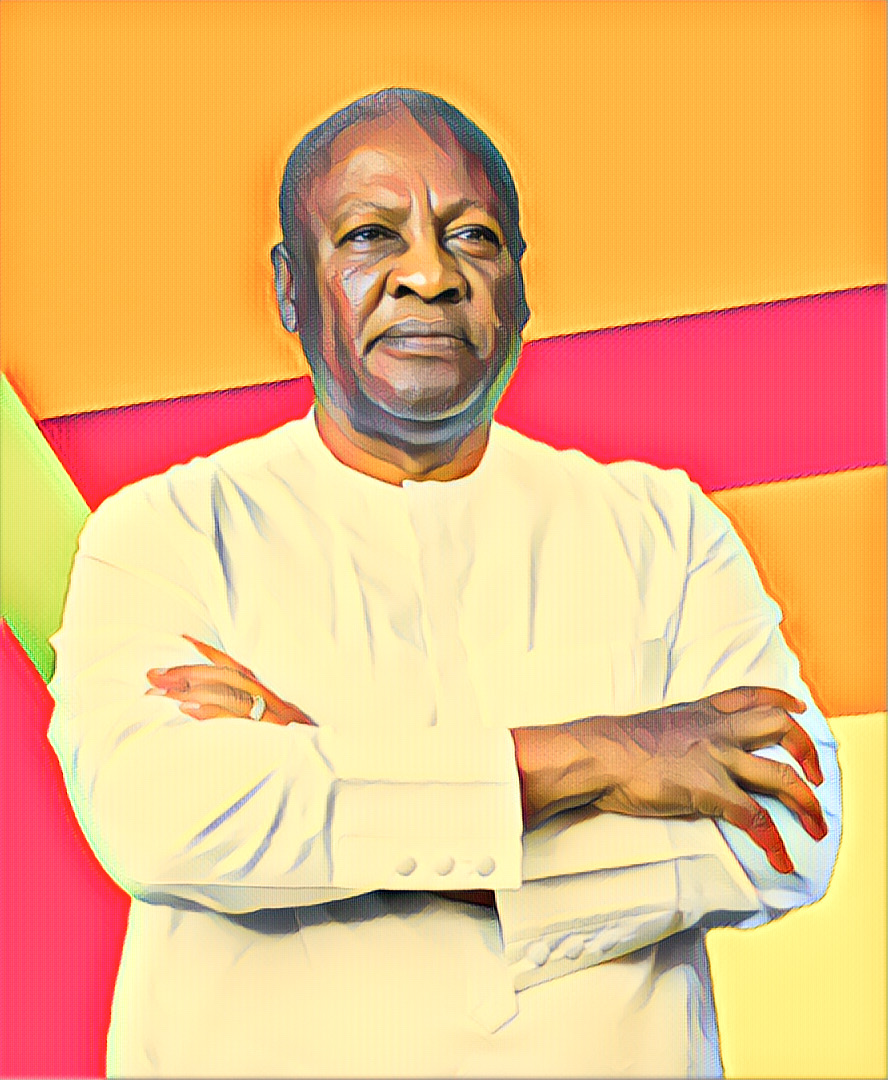John Mahama, the flagbearer of the National Democratic Congress (NDC), has outlined a transformative vision for Ghana’s economy, centered around the implementation of a 24-hour operational system for businesses. In his New Year message on January 3, 2024, Mahama pledged to revitalize Ghana’s ailing economy by promoting round-the-clock productivity and efficiency. This innovative approach aims to create a dynamic and vibrant economic environment beneficial for both workers and businesses.
Mahama’s plan includes significant incentives for businesses that opt into this 24-hour system. Key among these are reductions in electricity tariffs and substantial tax reliefs. “My government will provide cheaper and more reliable electricity for those participating businesses based on a time-of-use tariffs system,” Mahama explained. He emphasized the deployment of modern smart meters calibrated to charge lower tariffs per kilowatt-hour during off-peak hours, thereby reducing operational costs for businesses.
The former president also highlighted additional tax incentives for businesses subscribing to the 24-hour economy policy. These measures are intended to reduce operational costs and enhance competitiveness, making Ghana an attractive destination for both local and international investment.
In addition to economic reforms, Mahama emphasized the importance of security and public safety in realizing this vision, which would involve significant recruitment into both public security services and private security operations.
Mahama announced the establishment of an Accelerated Export Development Council, which he plans to chair personally. This council is designed to boost Ghana’s export drive by leveraging opportunities from the ECOWAS Trade Liberation Scheme and the African Continental Free Trade Agreement.
Drawing parallels with other nations, Mahama cited the United Kingdom, the United States, and South Korea as examples where a 24-hour economy has been instrumental in national development. He referenced South Korea’s economic transformation from an underdeveloped to a highly developed nation, attributing this success to their adoption of a 24-hour economy in the 1960s, which fueled an export-led economic boom.
“The introduction of the Mahama 24-hour economy is not just a policy decision; it’s a necessity for Ghana, especially considering our current state. This will catalyze our manufacturing industry and transition our country into an export-led economy, providing the world with goods made in Ghana,” Mahama asserted.
This ambitious policy proposal by Mahama and the NDC is seen as a potential game-changer for Ghana’s economy. It promises to not only increase productivity and efficiency but also to create new job opportunities and stimulate economic growth. The focus on cheaper and reliable electricity, alongside tax incentives, is particularly significant in reducing the cost of doing business in Ghana, thus encouraging both domestic and foreign investment.
Moreover, the establishment of the Accelerated Export Development Council underlines Mahama’s commitment to expanding Ghana’s global trade footprint. By prioritizing exports and leveraging regional and continental trade agreements, Ghana could significantly enhance its economic stability and growth.
Mahama’s vision for a 24-hour economy in Ghana is an innovative approach to tackling some of the country’s long-standing economic challenges. It reflects a deep understanding of the global economic landscape and a commitment to adopting best practices from developed economies. If successfully implemented, this policy could set Ghana on a path to becoming a leading economy in Africa, characterized by high productivity, efficient use of resources, and a competitive business environment.
In conclusion, John Mahama’s proposal for a 24-hour economy in Ghana, combined with his commitment to providing cheaper electricity and tax reliefs, presents a bold and optimistic roadmap for the country’s economic future. It offers a glimpse into a potential era of enhanced productivity, economic growth, and global competitiveness for Ghana. As the country approaches the 2024 elections, this vision could significantly influence the economic policies and development strategies of Ghana in the years to come.




